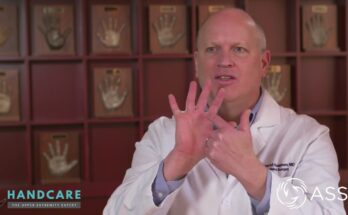
Depression can cast a long shadow over every aspect of life, and sex drive is often among the first to be affected. A person struggling with depression may experience anhedonia—the inability to feel pleasure from activities they once enjoyed, including sex. This is compounded by other common symptoms, such as chronic fatigue, low self-esteem, and feelings of hopelessness, which can make initiating or engaging in sexual activity feel like an insurmountable effort.
The biological mechanisms of depression also play a role. Depression is associated with imbalances in neurotransmitters in the brain, which are crucial for sexual desire and arousal. This can lead to a direct physiological impact on libido, as well as problems with arousal (e.g., erectile dysfunction or vaginal dryness) and difficulty reaching orgasm.
Furthermore, a significant number of antidepressants, particularly Selective Serotonin Reuptake Inhibitors (SSRIs), can have sexual side effects. These medications work by increasing serotonin levels, which can help mood but may also interfere with the complex pathways that regulate sexual function.
The good news is that there are many ways to address this issue. First and foremost, effective treatment for depression itself, through therapy, medication, or a combination of both, can often restore a healthy sex drive. If medication is the primary cause, a doctor may be able to adjust the dosage, switch to a different class of antidepressant with fewer sexual side effects, or add another medication to counteract the issue. Open and honest communication with a partner is also crucial, as it can alleviate feelings of guilt or misunderstanding and help foster intimacy in other ways. Additionally, lifestyle changes like regular exercise, a healthy diet, and stress management can improve overall well-being and, in turn, positively impact libido.


